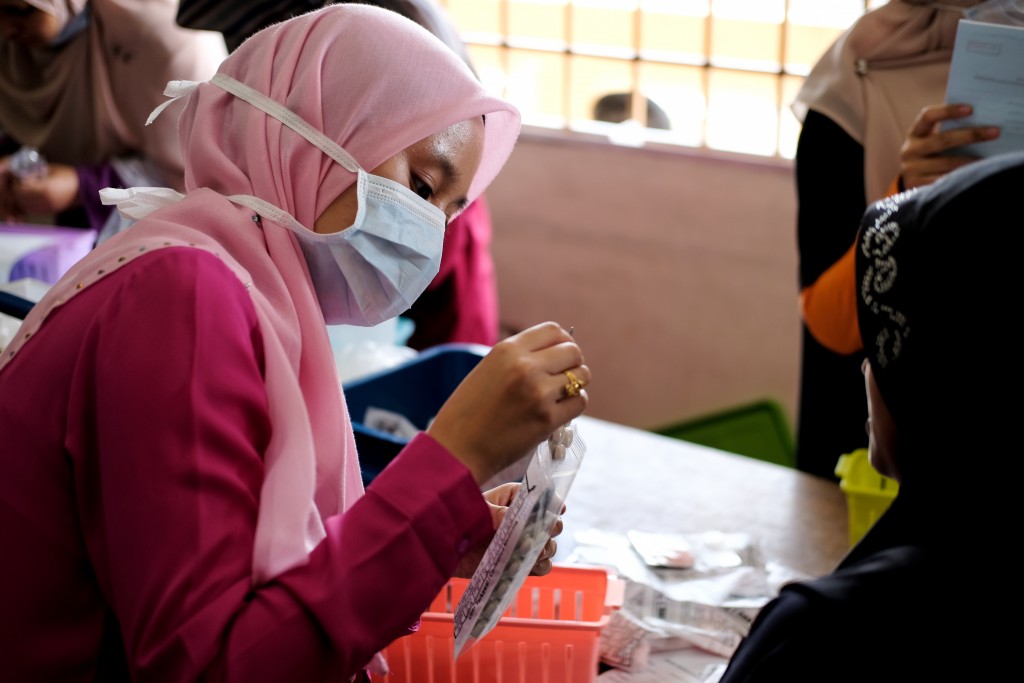During election time, candidates voice their opinions on what the country needs the most and how they can provide it. While liberals are different from Democrats and the right-wing is not the left, there are certain issues all governments must focus on. Let us look at four of them.
Universal Healthcare
One of the most important lessons the ongoing covid-19 pandemic taught us is that we were not prepared to handle a virus of global proportions. Our governments were not ready, and the price we had to pay was measured in millions of lost lives.
No matter how advanced some countries were or how much medical technology they had, they still couldn’t slay the dragon. They couldn’t even protect themselves, even those deemed to be elite.
A suitable, mass-production vaccine is yet to be created. Several pharmaceutical companies are working together with science-based enterprises like Pion. They are looking to provide solutions and scientific expertise to the drug development industry.
It is a step in the right direction. Still, more of them need to be taken. Governments should work hand in hand with economic and social institutions to not only prevent future outbreaks from happening but also deal with them in the best way possible. Only this will guarantee that access to life-saving healthcare is no longer a luxury but rather a basic human right regardless of class or financial standing.
Education
More than 72 million children aged six to twelve have no access to basic education. Over 759 million adults worldwide are illiterate and thus don’t know how to improve their own lives and the lives of their kids. These numbers are astonishing. And the saddest thing is that they continue to grow with each passing year.
Providing education to a child is not something that should be left up for discussion. It shouldn’t be a choice one government decides to make while another one doesn’t. It is a priority, perhaps the most important aspect of human development.
People don’t need to be versed in highly-specialized subjects that they will never use. But they need essential tools to not only survive but also make survival possible for future generations. They need to know how to use a computer, at least minimally. They must learn how to read and write and perform simple mathematical calculations. Only then can real progress be achieved and the gap between developed and developing nations eliminated.

Global Warming
Not all countries pollute the same. Giant nations like the United States, China, and Brazil are much more responsible for environmental damage than small islands in the Caribbean or south pacific.
But we all live in the same world and breathe the same air. We all fish in the same ocean and use the same animals for sustenance.
In the past, treaties like the Kyoto Protocol and the Paris Agreement have highlighted the importance of environmental protection and the need for global cooperation. Unfortunately, they have not worked as expected. For one, they are too idealistic and have little accountability. If one country decides not to follow its stipulations, the penalty for doing so is not severe.
To prevent further damage to our planet, these agreements need to hold individual nations responsible for the wrong they are doing. Whether it is through monetary penalties or trade restrictions, there needs to be a way to guarantee all governments follow suit. Otherwise, we will have to search for a new planet to live in far sooner than we expected.
Urban-Rural Divide
There are plenty of stories and movies about the countryside girl making it in the big city. Born from a poor family somewhere in the middle of nowhere, she one day decides to take a stab at life in the metropolis, looking for a better future for herself and her family.
These motion picture fairy tales and novels are much closer to reality than one would expect. The reason is very simple. The countryside doesn’t offer as many opportunities as the city. If you want a good education and a proper job, you cannot stay on a farm or the town a few miles from it. You have to move elsewhere.
But it shouldn’t be the case. Even mid-sized areas should provide the convenience of larger cities. The benefit, in this case, is two-fold. First, the population is well-spread across the land, and everybody can live with more convenience. Second, there is room for higher levels of employment and the adequate use of existing resources.
Governments face many challenges. Currently, four of the biggest ones are universal healthcare, education, global warming, and the urban-rural divide. They all require cooperation between countries. If they do, perhaps the world will one day truly be a better place.











